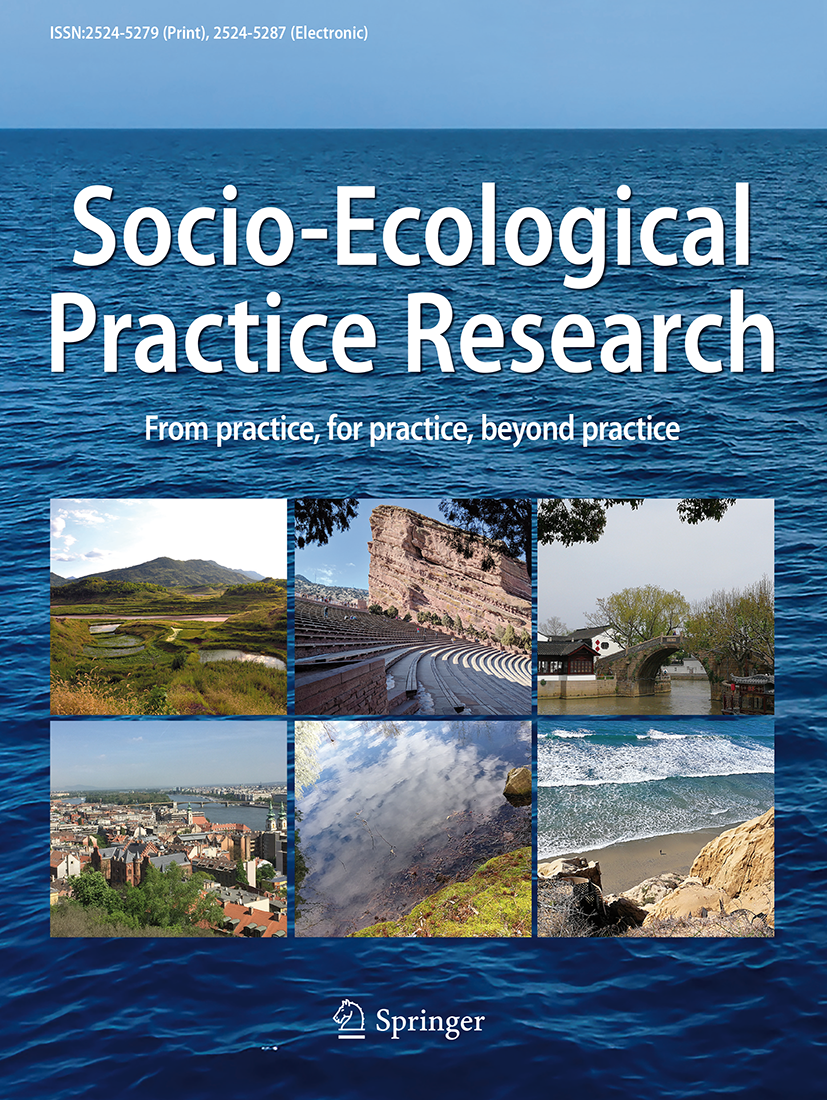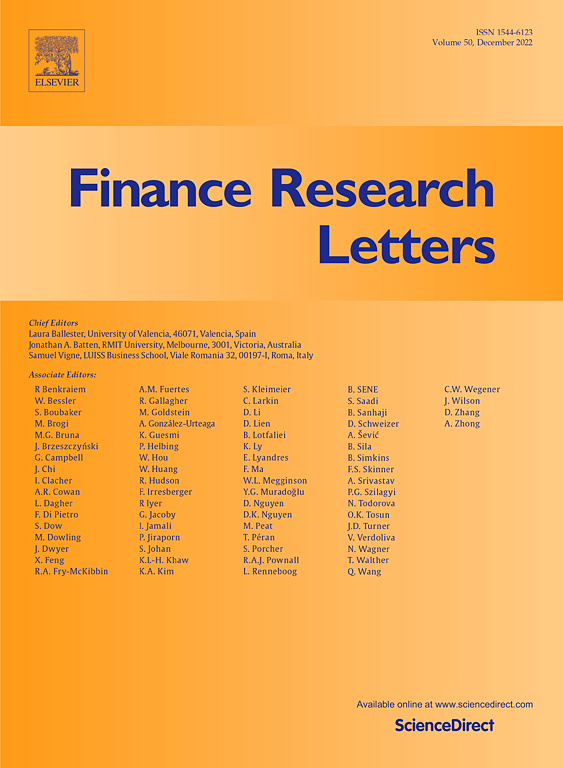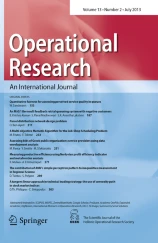Az előadásra hibrid formában kerül sor zoom felületen, illetve személyesen a K.0.11-12-es földszinti előadóban 2025.05.08-án, 13.00 órától.
Előadó: Brüll Eduard
Cím: Keeping the Doctor Away: Entry restrictions for General Practioners
Szerzők: Brüll Eduard, Oliver Schlenker and Davud Rostam-Afschar
Absztrakt:
How does the local supply of general practitioners (GPs) affect the quality and accessibility of healthcare? This presentation brings together insights from two studies relying on unique entry restrictions for GPs in Germany’s needs-based planning system. In the first, we examine the 2013 reform that blocked GP entry in several planing areas, using matched difference-in-differences to estimate how restricting GP inflow changes regional coverage, competition, and population health. In the second, we isolate the effect of threat of entry—rather than actual competition—on service quality using a regression discontinuity design that compares regions that are just above and just below the coverage threshold where entry becomes restricted. We show that even when GP density at the cutoff remains constant, reduced competitive pressure leads to measurable declines in patient satisfaction of local monopolist GPs. Together, these findings highlight both the direct and anticipatory behavioral responses of GPs to regional policy, and caution against regulatory frameworks that inadvertently insulate providers from market forces.
BIO:
Dr. Eduard Brüll is a postdoctoral researcher at ZEW – Leibniz Centre for European Economic Research, working in labor, regional, and health economics. His research primarily focuses on regional market dynamics, including studies on the effects of local competition on primary care quality, the role of digital infrastructure in the resilience of local labor markets, and how working from home influences labor market size.









